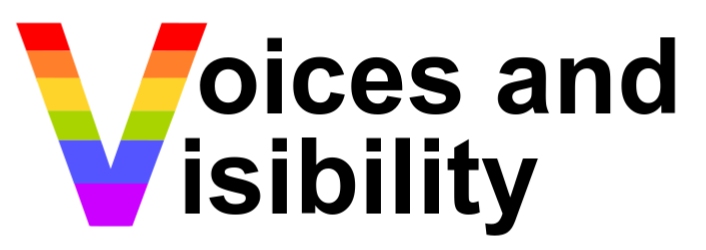Duty To Promote Equality – Northern Ireland
Equality Duty Northern Ireland
When was the duty to promote sexual orientation equality introduced?
It was in Section 75 of the Northern Ireland Act 1998. The Act is more commonly known as the Good Friday Agreement. It came into force on 1 January 2000. Northern Ireland was the first place in the UK to introduce a duty to promote sexual orientation equality.
Why was the duty to promote sexual orientation equality introduced?
Early equality laws in the UK focussed on banning discrimination. Many people understood that banning discrimination was not enough. Active steps are needed to achieve true equality.
The need for active steps was first identified in the UK by the official inquiry. The inquiry was about the racist murder of Stephen Lawrence. The report of the inquiry highlighted the failures of the investigation. The recommendations led directly to a duty (a legal requirement) on public bodies to promote race equality.
What did the duty hope to achieve?
Its aim was to change the way government and public authorities worked in Northern Ireland. Equality of opportunity and good relations now had to be central to everything they did. That included making policies, putting the policies into practice and reviewing them. Equality of opportunity and good relations were essential to the way services were delivered.
Who is responsible for the duty?
Section 75 gives public organisations the duty to promote equality of opportunity and promote good relations between people. The obligations are carried out through Equality Schemes, and Equality Impact assessments. Sexual orientation is one of nine categories listed.
What are the protected 9 categories?
Public organisations in Northern Ireland have a duty to promote equality of opportunity:
- between persons of different religious belief, political opinion, racial group, age, marital status, or sexual orientation;
- between men and women generally (this includes transgender people);
- between persons with a disability or long-term medical condition, and persons without; and
- between persons with dependants and persons without.
They are also required to promote good relations between persons of different religious belief, political opinion, and race.
